Home>Home Maintenance>What Is A Personal Property Assessment
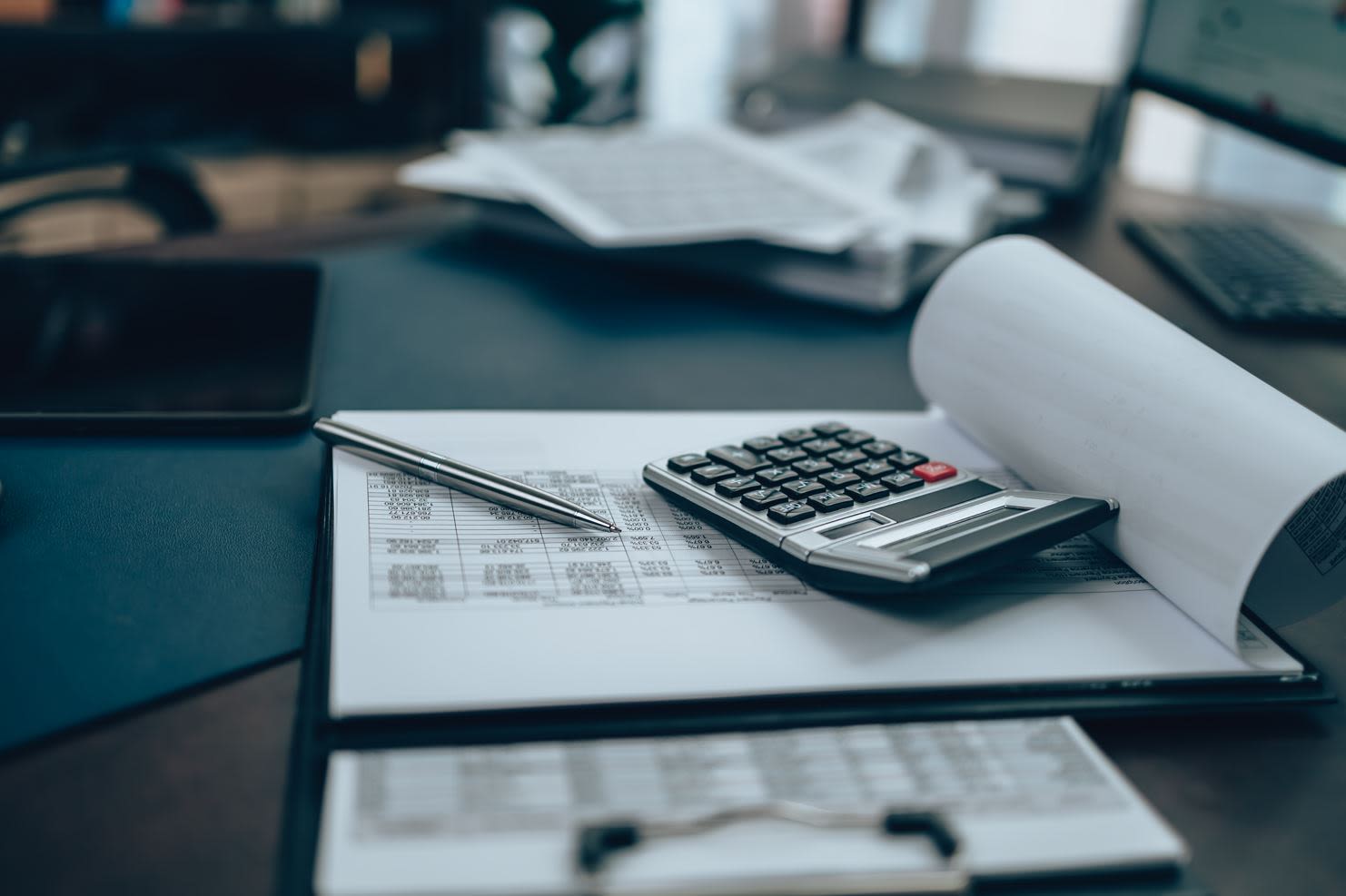

Home Maintenance
What Is A Personal Property Assessment
Modified: March 6, 2024
Learn about personal property assessments and why they are important for home maintenance. Discover how to accurately evaluate the value of your belongings and protect your investments.
(Many of the links in this article redirect to a specific reviewed product. Your purchase of these products through affiliate links helps to generate commission for Storables.com, at no extra cost. Learn more)
Introduction
Welcome to the world of personal property assessment – a crucial aspect of the home-maintenance process that often goes overlooked. Many homeowners focus on the maintenance of their house itself, but neglect the importance of assessing and maintaining their personal property. In this article, we will delve into the realm of personal property assessment, exploring its definition, importance, process, factors affecting assessment, challenges, and the benefits it can bring to homeowners.
What exactly is personal property assessment? When we talk about personal property, we refer to the movable assets that you possess in your home. This includes furniture, appliances, electronics, clothing, jewelry, and other valuable items. Personal property assessment involves evaluating the worth of these assets to determine their value for insurance coverage purposes and to keep an inventory of your belongings.
Why is personal property assessment important? The assessment of personal property is vital for several reasons. Firstly, it helps you estimate the value of your belongings accurately, ensuring that you have the right amount of insurance coverage in the event of loss or damage. Without an accurate assessment, you may find yourself underinsured and facing financial difficulties when it comes to replacing your belongings. Secondly, personal property assessment enables you to keep track of your possessions, making it easier to identify any missing or stolen items and file insurance claims appropriately.
Key Takeaways:
- Don’t overlook personal property assessment! It helps protect your belongings with accurate insurance coverage and organized inventory management, ensuring peace of mind and informed financial decisions.
- Assessing personal property is crucial for estate planning, divorce settlements, and probate proceedings. It ensures fair distribution of assets and compliance with legal and tax regulations.
Read more: What Is Property Assessment
Definition of Personal Property Assessment
Personal property assessment is the process of evaluating and determining the value of movable assets owned by an individual or household. It involves assessing the worth of items such as furniture, appliances, electronics, clothing, jewelry, and other valuable possessions that are not a part of the real estate property. The purpose of personal property assessment is to accurately estimate the value of these belongings for insurance coverage and inventory management.
Assessing the value of personal property involves considering various factors, including the age, condition, brand, market value, and replacement cost of the items. This assessment is typically conducted by homeowners themselves or by professional appraisers. It is important to note that personal property assessment is different from real property assessment, which focuses on determining the value of land and buildings.
During the assessment process, each item is evaluated individually to determine its value. This can be done by researching current market prices for similar items or by hiring a professional appraiser who specializes in valuating personal property. Appraisers often have extensive knowledge and experience in determining the worth of different types of belongings, taking into account factors such as rarity, historical significance, and condition.
Personal property assessment is not only crucial for insurance purposes but also for estate planning, divorce settlements, and tax assessments. When it comes to insurance coverage, having an accurate assessment of your personal property helps ensure that you have sufficient coverage to replace your belongings in the event of theft, fire, or other covered risks. It also helps prevent overpaying for insurance premiums by accurately reflecting the value of your possessions.
In estate planning or divorce settlements, personal property assessment plays a vital role in determining the fair distribution or division of assets. By knowing the value of each item, it becomes easier to allocate property equitably among beneficiaries or settle disputes during divorce proceedings.
Importance of Personal Property Assessment
Personal property assessment holds significant importance for homeowners and individuals alike. Let’s explore why assessing the value of your personal belongings is essential:
Insurance Coverage: One of the primary reasons for conducting a personal property assessment is to ensure that you have adequate insurance coverage. By accurately estimating the value of your belongings, you can determine the appropriate amount of insurance needed to protect yourself against loss or damage. Without a proper assessment, you may risk being underinsured and facing financial burdens when it comes to replacing your valuable possessions.
Inventory Management: Personal property assessments help you keep track of your belongings. By creating an inventory, you can easily identify missing or stolen items and provide detailed information to law enforcement or insurance companies in case of theft. This documentation serves as valuable evidence when filing insurance claims or reporting losses.
Estate Planning: Assessing the value of personal property is crucial for estate planning purposes. Knowing the worth of your belongings allows you to make informed decisions about inheritance and asset distribution. By including personal property assessment information in your estate plan, you can ensure a fair and smooth transition of assets to your beneficiaries.
Divorce Settlements: During divorce proceedings, personal property assessment plays a significant role in determining the distribution of assets. The assessment helps both parties understand the value of their shared belongings and aids in negotiating a fair division of property. By having a clear assessment, conflicts and disputes related to the value of personal property can be minimized.
Tax Assessments: Personal property assessments also have implications for tax purposes. In some jurisdictions, personal property is subject to taxation. Having an accurate assessment of your belongings helps you comply with tax regulations and ensures that your tax liability is correctly determined.
Financial Planning: Understanding the value of your personal possessions contributes to overall financial planning. It allows you to calculate your net worth accurately and make informed decisions when it comes to budgeting, investing, and asset management.
Overall, personal property assessment is not just a procedural task; it provides valuable information that can significantly impact your insurance coverage, financial planning, estate management, and legal proceedings. By conducting regular assessments, you can stay organized, protect your assets, and make informed decisions based on the value of your personal property.
Process of Personal Property Assessment
The process of personal property assessment involves several steps to accurately determine the value of your belongings. Here is an overview of the typical assessment process:
1. Identify and Categorize Items: Begin by identifying and categorizing your personal property. This includes creating a list of items such as furniture, appliances, electronics, clothing, jewelry, artwork, and other valuable possessions. Organize them into categories for easier assessment.
2. Research Market Values: Research the market values of similar items to get a sense of their current worth. This can be done by visiting online marketplaces, contacting appraisers, and consulting price guides or catalogs. It’s important to gather as much information as possible to accurately estimate the value of your belongings.
3. Evaluate Condition: Assess the condition of each item on your list. Consider factors such as wear and tear, functionality, and any damage or repairs needed. The condition of an item can significantly impact its value, so be thorough in your evaluation.
4. Consider Age and Rarity: Take into account the age and rarity of certain items. Antiques, collectibles, and unique items may have a higher value due to their historical significance or scarcity in the market. Research their historical context and consult experts if necessary to determine their worth accurately.
5. Consult Professional Appraisers: For valuable or specialized items, it’s advisable to seek assistance from professional appraisers. They have the knowledge and expertise to provide accurate valuations based on their industry experience. Appraisers may charge a fee for their services, but their expertise can be invaluable when dealing with complex or high-value items.
6. Document and Create an Inventory: As you go through the assessment process, document each item’s details, including the description, value, condition, and any supporting documentation such as receipts or certificates of authenticity. This information will help you create a comprehensive inventory of your personal property.
7. Update Assessment Regularly: Personal property values can change over time due to market fluctuations, aging, or acquisitions of new items. It’s essential to review and update your assessment regularly, especially when making significant purchases or acquiring valuable possessions. Updating your assessment ensures that your insurance coverage and estate planning remain accurate and up to date.
8. Store Documentation Securely: Safeguard your personal property assessment documentation in a safe place. Consider keeping both physical copies and digital backups to protect against loss or damage. This documentation is essential for insurance purposes, estate planning, and legal proceedings.
By following these steps and maintaining a well-documented assessment process, you can confidently establish the value of your personal property. Regularly reassessing your belongings allows you to stay informed, ensure appropriate insurance coverage, and make informed decisions regarding your assets.
Factors Affecting Personal Property Assessment
When assessing the value of personal property, there are several factors that can influence the overall assessment. Understanding these factors is crucial to accurately determining the worth of your belongings. Here are the key factors that can affect personal property assessment:
1. Condition: The condition of an item plays a significant role in its assessment. Items in good condition are generally assigned a higher value compared to those with noticeable wear and tear or damage. Any repairs needed or restoration work performed can also impact the value of the item.
2. Age: The age of an item can affect its value, especially when it comes to antiques or collectibles. Older items that are well-preserved and maintain their original features may command a higher price due to their historical significance or rarity.
3. Rarity or Scarcity: Items that are rare or scarce are often valued higher in the market. This can include limited edition pieces, unique designs, or items that are no longer in production. The rarity factor adds to their desirability and can significantly impact their assessment.
4. Brand or Maker: The reputation of a brand or maker can contribute to the value of an item. Items manufactured by renowned brands or created by notable artisans may have a higher market value due to their craftsmanship, quality, and perceived prestige associated with the brand.
5. Market Demand: The level of demand for a particular item can affect its value. Popular or trending items that are in high demand may command a higher price compared to items that have less appeal in the market. Market trends and consumer preferences play a significant role in determining market demand.
6. Provenance or History: The provenance or history of an item can add value to its assessment. Items with a documented history or connection to a significant event, person, or era often carry additional appeal and attract higher prices from collectors and enthusiasts.
7. Material and Construction: The material quality and construction of an item can influence its value. Items made from high-quality materials or with intricate craftsmanship may be assessed as more valuable compared to items of lesser quality or mass-produced items.
8. Market Conditions: The general state of the market can impact the assessment of personal property. Economic factors, supply and demand dynamics, and trends in the collecting market can all influence the values assigned to certain types of items.
9. Documentation and Authenticity: The availability of supporting documentation, such as receipts, certificates of authenticity, and provenance records, can enhance the value and credibility of an item. These documents help establish the authenticity and legitimacy of the item, providing added assurance to potential buyers or appraisers.
10. Condition of the Market: The overall condition of the market for a specific type of personal property can impact its assessment. For example, an oversaturated market with an abundance of similar items may lower the value of individual pieces, while a market experiencing high demand and limited supply may drive up prices.
It is important to consider these factors when assessing the value of personal property. Each item is unique, and these factors can vary in their significance depending on the specific piece being assessed. Consulting with appraisers and experts in the field can help navigate the complexities and ensure an accurate assessment of your personal property.
When completing a personal property assessment, be sure to include all valuable items such as jewelry, electronics, and furniture. Keep detailed records and photos to support your assessment.
Read more: What Is A Property Assessment Notice
Challenges in Personal Property Assessment
While personal property assessment is important, there are challenges and obstacles that can arise during the process. Being aware of these challenges can help you navigate them effectively. Here are some common challenges in personal property assessment:
1. Subjectivity: Assessing the value of personal property is subjective to some extent. Different appraisers or individuals may have varying opinions on the worth of an item, especially when it comes to unique or rare pieces. The subjective nature of assessment can make it challenging to establish an objective value.
2. Lack of Documentation: In some cases, personal property may lack proper documentation or provenance records. Without sufficient documentation, it can be challenging to determine the authenticity, origin, or historical significance of an item, which can impact its assessment value.
3. Rapidly Changing Market Trends: The market value of certain personal property items can fluctuate due to rapidly changing trends and consumer preferences. Staying up to date with current market trends and adjusting assessments accordingly can be challenging, particularly for items subject to rapid shifts in popularity or demand.
4. Rarity and Scarcity: Assessing the value of rare or scarce items can be challenging since their market value may not be as readily available or established compared to more commonly available items. Appraisers and individuals may need to rely on expert opinions, historical sales data, or specialized knowledge to determine the worth of such items.
5. Condition and Maintenance: Accurately assessing the value of personal property requires taking into account the condition of the items. However, determining the condition accurately can be subjective and can vary based on personal judgment. Additionally, the maintenance and upkeep of items can also pose challenges, especially if improper care or damage has occurred over time.
6. Emotional Attachment: Personal property often holds sentimental value to individuals, which can cloud judgment when assessing its monetary worth. Emotional attachment can make it challenging to objectively evaluate an item or consider market value accurately.
7. Diverse and Unique Items: Personal property can encompass a wide range of diverse and unique items, each with its own set of valuation challenges. Determining the worth of highly specialized or niche items may require specific expertise and research to accurately assess their value.
8. Lack of Market Data: Some personal property items may have limited market data available, making it difficult to establish a benchmark for their assessment. This lack of data can make it challenging to determine the fair market value of certain items.
9. Storage and Verification: Large collections or valuable personal property items often require proper storage and security measures. Ensuring the authenticity, condition, and accessibility of items can be a challenge, especially when dealing with a considerable number of belongings.
10. Legal and Tax Regulations: Compliance with legal and tax regulations relating to personal property assessment can be complicated. Guidelines and regulations can vary by jurisdiction, requiring individuals to stay informed and seek professional advice when necessary.
Despite these challenges, personal property assessment remains crucial for insurance coverage, estate planning, and accurate valuation of belongings. Consulting with professional appraisers, experts, or conducting thorough research can help overcome these obstacles and ensure a reliable assessment.
Benefits of Personal Property Assessment
Personal property assessment offers a range of benefits to homeowners and individuals. Here are some of the key advantages of conducting regular assessments of your personal belongings:
1. Accurate Insurance Coverage: One of the primary benefits of personal property assessment is ensuring that you have adequate insurance coverage. By assessing the value of your belongings, you can accurately estimate the replacement cost of your personal property and adjust your insurance coverage accordingly. This ensures that you are not underinsured in the event of loss, theft, or damage and helps provide financial protection and peace of mind.
2. Efficient Claims Processing: In the unfortunate event of a loss, theft, or damage to your personal property, having a well-documented assessment can expedite the claims process. By having an inventory and valuation of your belongings, you can provide accurate and detailed information to your insurance company, streamlining the claims process and potentially reducing the time it takes to receive compensation.
3. Organized Inventory Management: Conducting a personal property assessment helps you maintain an organized inventory of your belongings. By documenting each item, its value, and relevant information, you create a comprehensive record that can be useful for estate planning, legal matters, or simply keeping track of your possessions. An organized inventory also makes it easier to identify missing or stolen items and provides valuable evidence in case of disputes.
4. Improved Estate Planning: Personal property assessment plays a crucial role in estate planning. By knowing the value of your belongings, you can make informed decisions about the distribution of assets among beneficiaries. This helps ensure that your personal property is distributed according to your wishes, minimizing conflicts and facilitating a smooth transition of assets to your loved ones.
5. Informed Financial Decisions: Understanding the value of your personal property contributes to informed financial decision-making. It allows you to have a more accurate picture of your net worth, aiding in financial planning, budgeting, and investment strategies. By assessing the value of your belongings, you can optimize your financial decisions and utilize your personal property as an asset in your overall financial strategy.
6. Preservation of Valuable Items: Regular personal property assessments encourage proper maintenance and care of valuable items. Assessing the condition of your belongings helps identify any necessary repairs or maintenance needs, allowing you to take necessary steps to preserve their value over time. Taking proactive measures to protect and maintain your valuable possessions can extend their lifespan and enhance their long-term value.
7. Compliance with Legal and Tax Requirements: Personal property assessment ensures compliance with legal and tax regulations. Properly documenting and valuing your personal property is essential for tax assessment purposes, ensuring accurate reporting and compliance with tax laws. Additionally, maintaining up-to-date assessments provides the necessary documentation for legal requirements, such as estate planning, probate proceedings, or divorce settlements.
8. Peace of Mind: Lastly, personal property assessment brings peace of mind. Knowing the value of your belongings and ensuring that they are adequately protected provides a sense of security and peace. You can rest assured that your personal property is accounted for, properly insured, and well-managed, allowing you to focus on enjoying and utilizing your belongings without undue worry.
In summary, personal property assessment offers numerous benefits, including accurate insurance coverage, streamlined claims processing, organized inventory management, improved estate planning, informed financial decisions, preservation of valuable items, compliance with legal and tax regulations, and overall peace of mind. By conducting regular assessments, you can maximize the value of your personal property and protect your investments for the long term.
Examples of Personal Property Assessment
Personal property assessment occurs in various scenarios, involving different types of assets and purposes. Here are a few examples of how personal property assessment is applied in different contexts:
1. Homeowner’s Insurance: When obtaining homeowner’s insurance, personal property assessment is essential for estimating the value of your belongings to determine the appropriate coverage. This assessment involves evaluating the value of items such as furniture, appliances, electronics, clothing, and other possessions in your home. By accurately assessing your personal property, you can ensure that you have adequate coverage in the event of loss, theft, or damage.
2. Estate Planning: Personal property assessment plays a critical role in estate planning to ensure the fair distribution of assets among beneficiaries. By assessing the value of personal property, individuals can accurately assign a monetary worth to their belongings, ensuring that each beneficiary receives their fair share. Personal property assessment in estate planning also helps reduce potential conflicts and ensures that the wishes of the deceased are carried out appropriately.
3. Divorce Settlement: During divorce proceedings, personal property assessment helps determine the equitable division of assets between the two parties. Assessing the value of personal property ensures that the distribution is fair and reflects the value of each item. Personal property assessment in divorce settlements helps avoid disputes and facilitates a smoother resolution of property-related matters.
4. Probate Proceedings: In the event of a deceased individual’s estate going through probate, personal property assessment is conducted to determine the value of the decedent’s belongings. This assessment ensures that the value of the personal property is accurately recorded and accounted for in settling the estate. Personal property assessments in probate proceedings help ensure a fair distribution of assets to beneficiaries and minimize any potential legal issues.
5. Antique and Collectible Valuations: Personal property assessment is often utilized in the valuation of antiques and collectibles. Appraisers with expertise in specific fields assess the value of rare or unique items based on factors such as age, condition, rarity, and demand in the collecting market. These assessments are crucial for collectors, buyers, and sellers to determine the appropriate value of such items during sales, purchases, or insurance coverage.
6. Art Appraisals: Personal property assessment is widely used in the art world. Appraisers specializing in art evaluate and assess the value of paintings, sculptures, prints, and other forms of artwork. This assessment is important for determining the fair market value of art pieces for sale, insurance purposes, donations, or estate planning.
7. Insurance Claims & Loss Recovery: In the unfortunate event of loss, theft, or damage to personal property, an assessment of the items is conducted to facilitate insurance claims and loss recovery. By providing documentation of the assessed value, including photographs, receipts, and appraisal reports, individuals can seek compensation for their losses and aid in the recovery process.
8. Tax Assessments: Personal property assessment is also used for tax purposes. Certain jurisdictions include personal property in tax assessments, where individuals are required to report the value of their belongings for tax calculation purposes. Accurate personal property assessment helps ensure compliance with tax regulations and aids in determining the appropriate tax liability.
These examples highlight the various scenarios where personal property assessment is employed. Whether it’s for insurance coverage, estate planning, divorce settlements, probate proceedings, valuing valuable collectibles, or assessing tax liabilities, personal property assessment ensures accurate valuation and facilitates proper decision-making in different contexts.
Conclusion
Personal property assessment is a crucial aspect of home maintenance that is often overlooked. Assessing the value of your personal belongings has numerous benefits and plays a significant role in various aspects of your life. From insurance coverage to estate planning and legal proceedings, personal property assessment ensures accurate valuation and informed decision-making.
By conducting regular assessments of your personal property, you can determine the appropriate insurance coverage needed to protect your belongings in the event of loss, theft, or damage. Accurate assessments also streamline the claims process, allowing for efficient resolution and compensation.
Organizing an inventory of your belongings through personal property assessment helps you keep track of your possessions and aids in identifying missing or stolen items. This documentation is valuable for estate planning, divorce settlements, and probate proceedings, ensuring equitable distribution and minimizing disputes.
Personal property assessment also contributes to informed financial decisions. Understanding the value of your personal possessions allows for more accurate calculations of your net worth and assists in budgeting, investing, and asset management. Furthermore, preserving and properly maintaining your valuable items based on assessment findings can extend their lifespan and enhance their long-term value.
Despite the challenges in personal property assessment, such as subjectivity, lack of documentation, rapidly changing market trends, and emotional attachment, the benefits far outweigh the obstacles. Personal property assessment provides peace of mind, ensuring compliance with legal and tax regulations, and facilitating efficient asset management.
From homeowner’s insurance to estate planning, from antique valuations to tax assessments, personal property assessment plays a pivotal role in various settings and contexts. By taking the time to assess the value of your personal belongings and maintaining accurate documentation, you can protect your assets, make informed decisions, and navigate the complexities of home maintenance with confidence.
So, don’t overlook the importance of personal property assessment. Embrace it as an integral part of your home-maintenance routine and reap the rewards it brings. By investing in personal property assessment, you protect your assets, enhance financial planning, and ensure a smooth transition for your loved ones in the future.
Frequently Asked Questions about What Is A Personal Property Assessment
Was this page helpful?
At Storables.com, we guarantee accurate and reliable information. Our content, validated by Expert Board Contributors, is crafted following stringent Editorial Policies. We're committed to providing you with well-researched, expert-backed insights for all your informational needs.
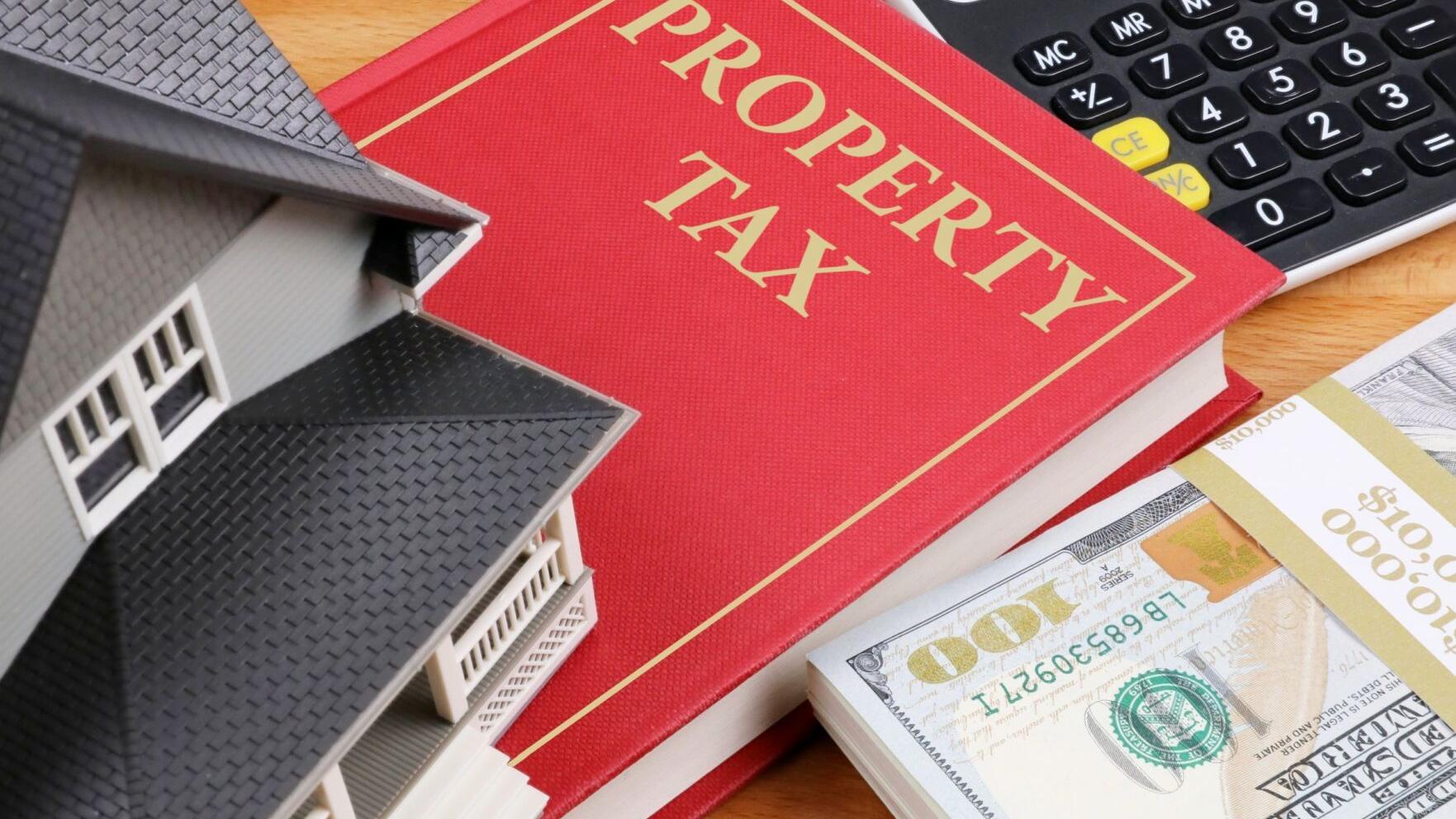
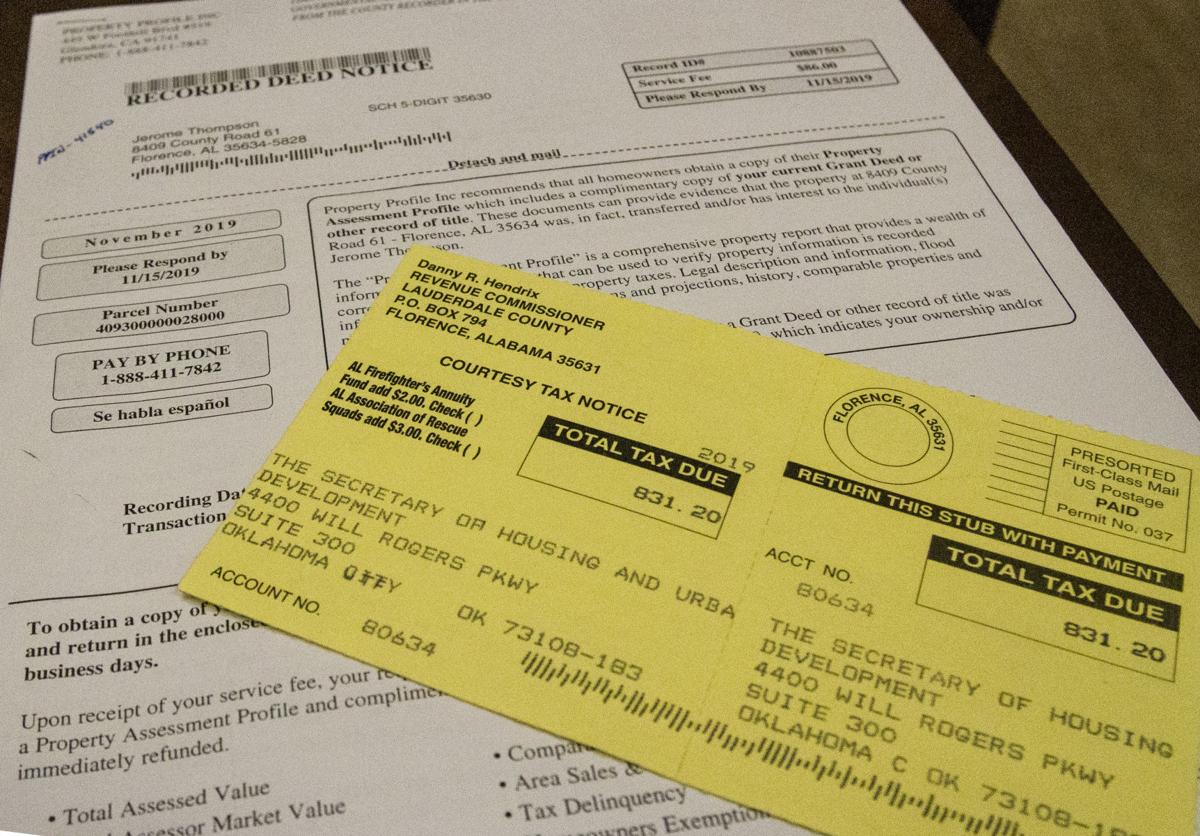
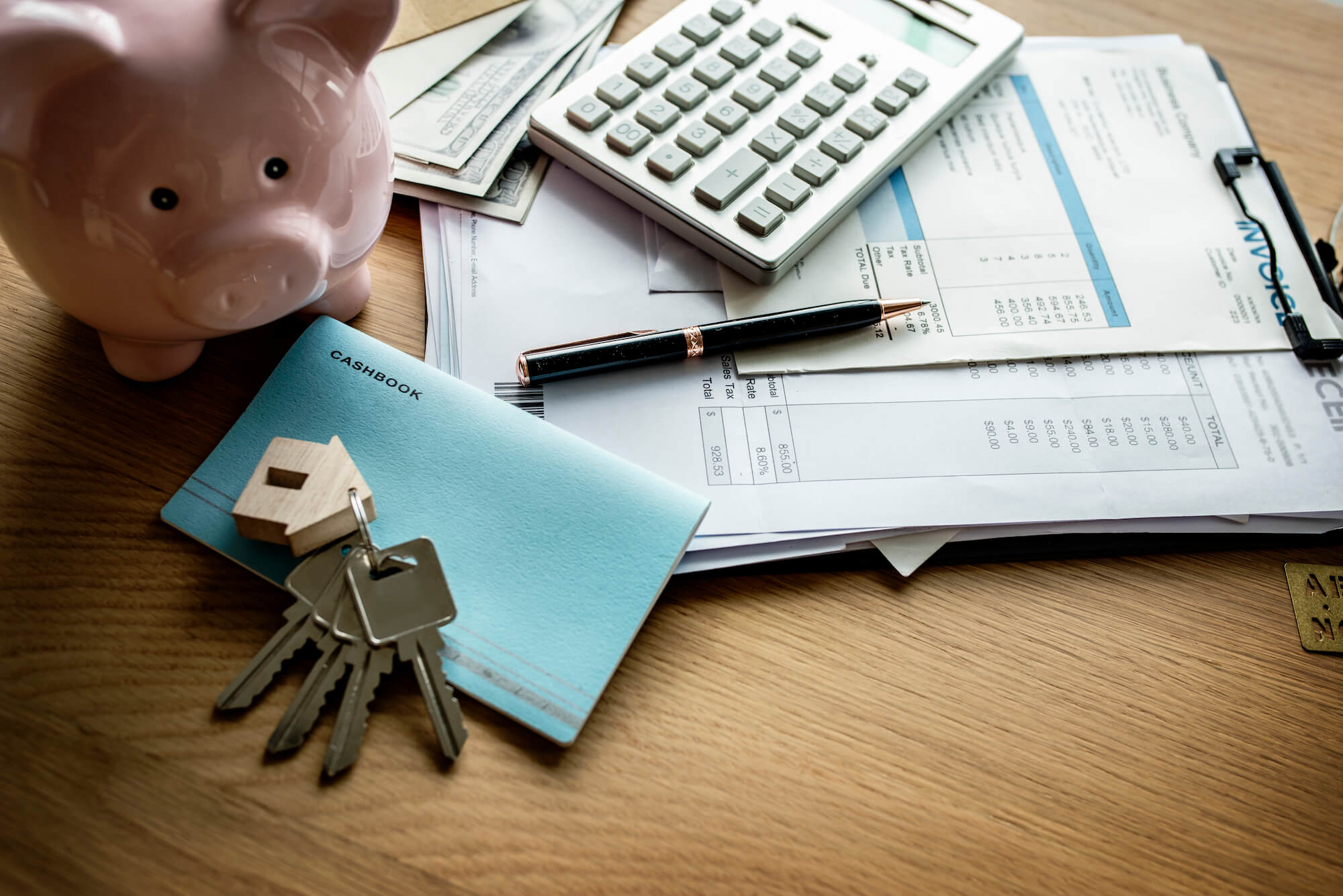

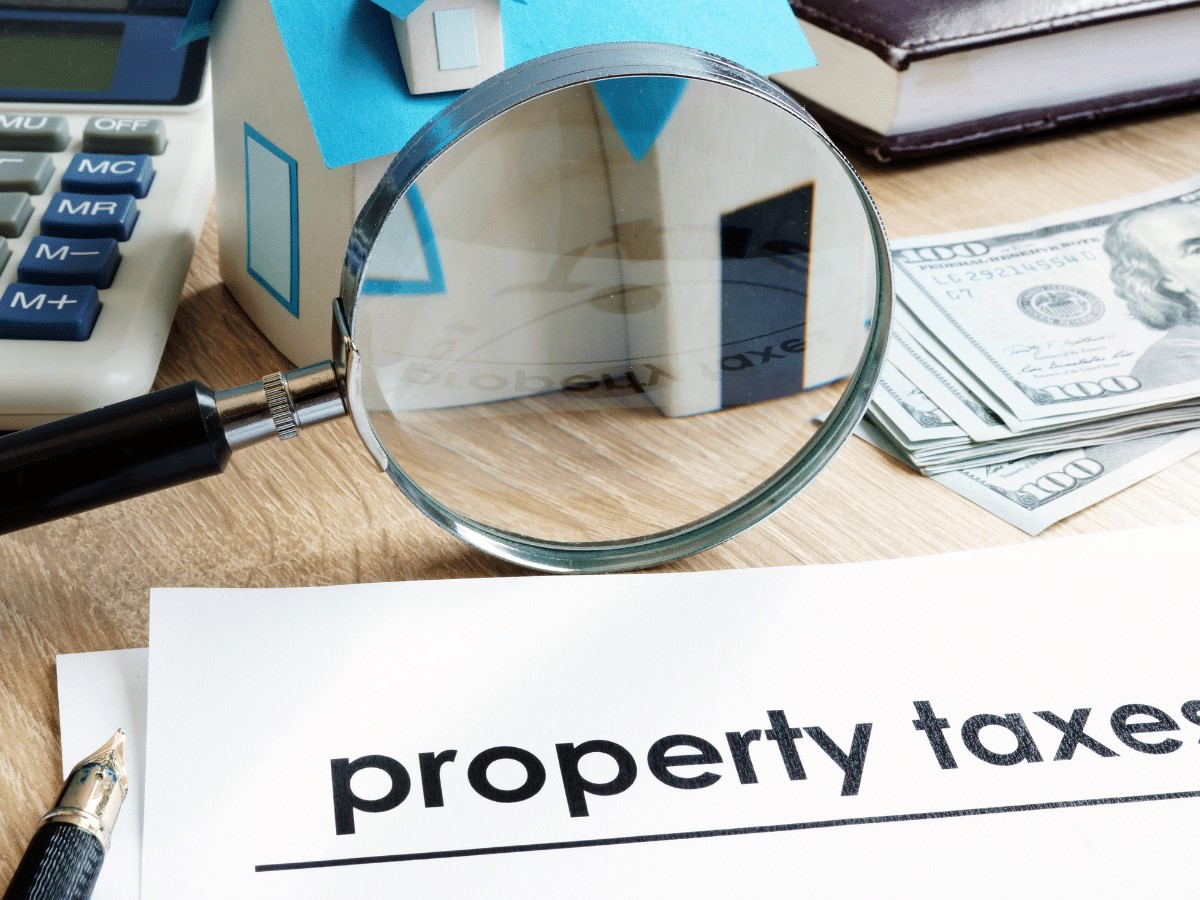








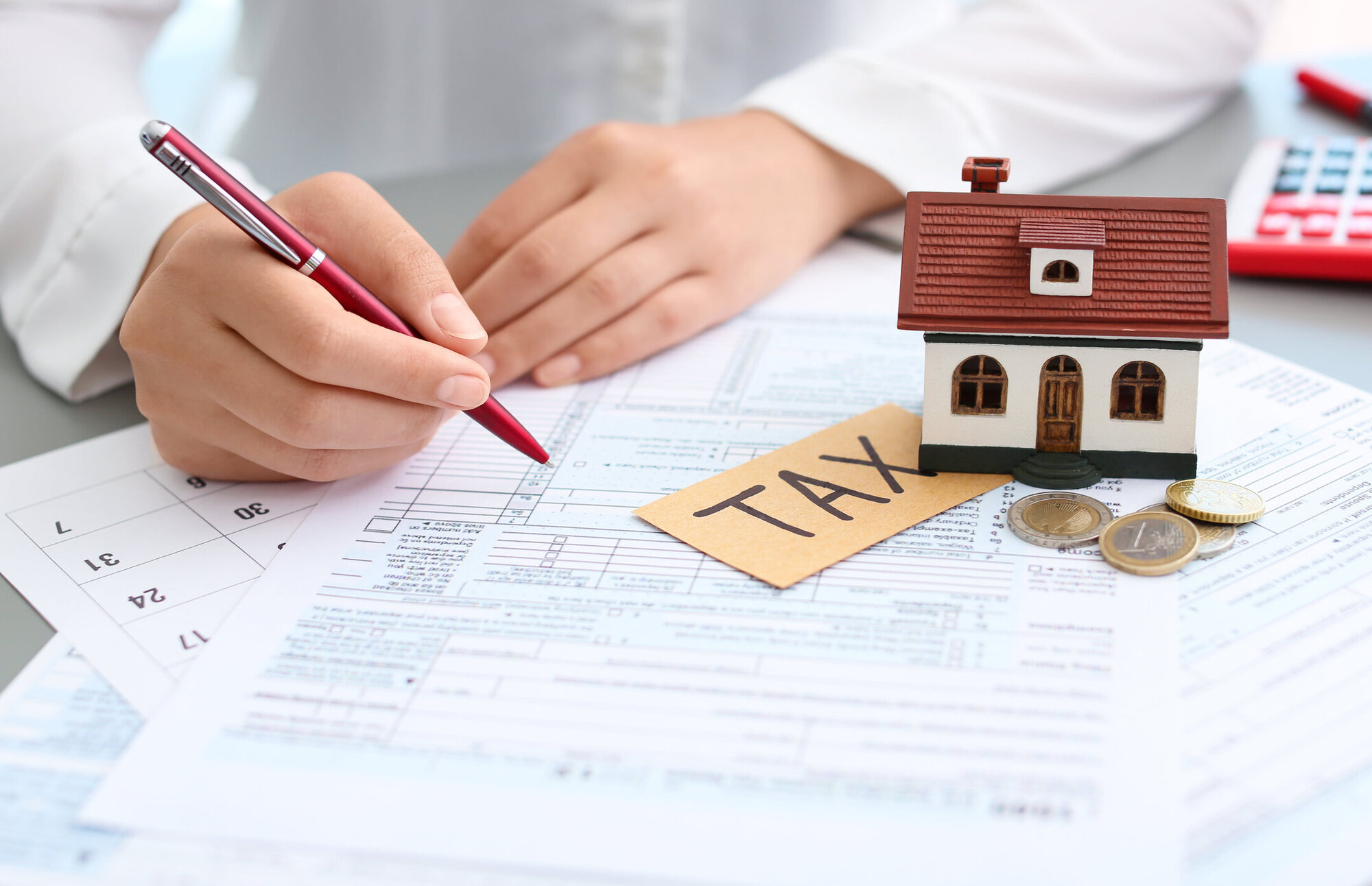

0 thoughts on “What Is A Personal Property Assessment”